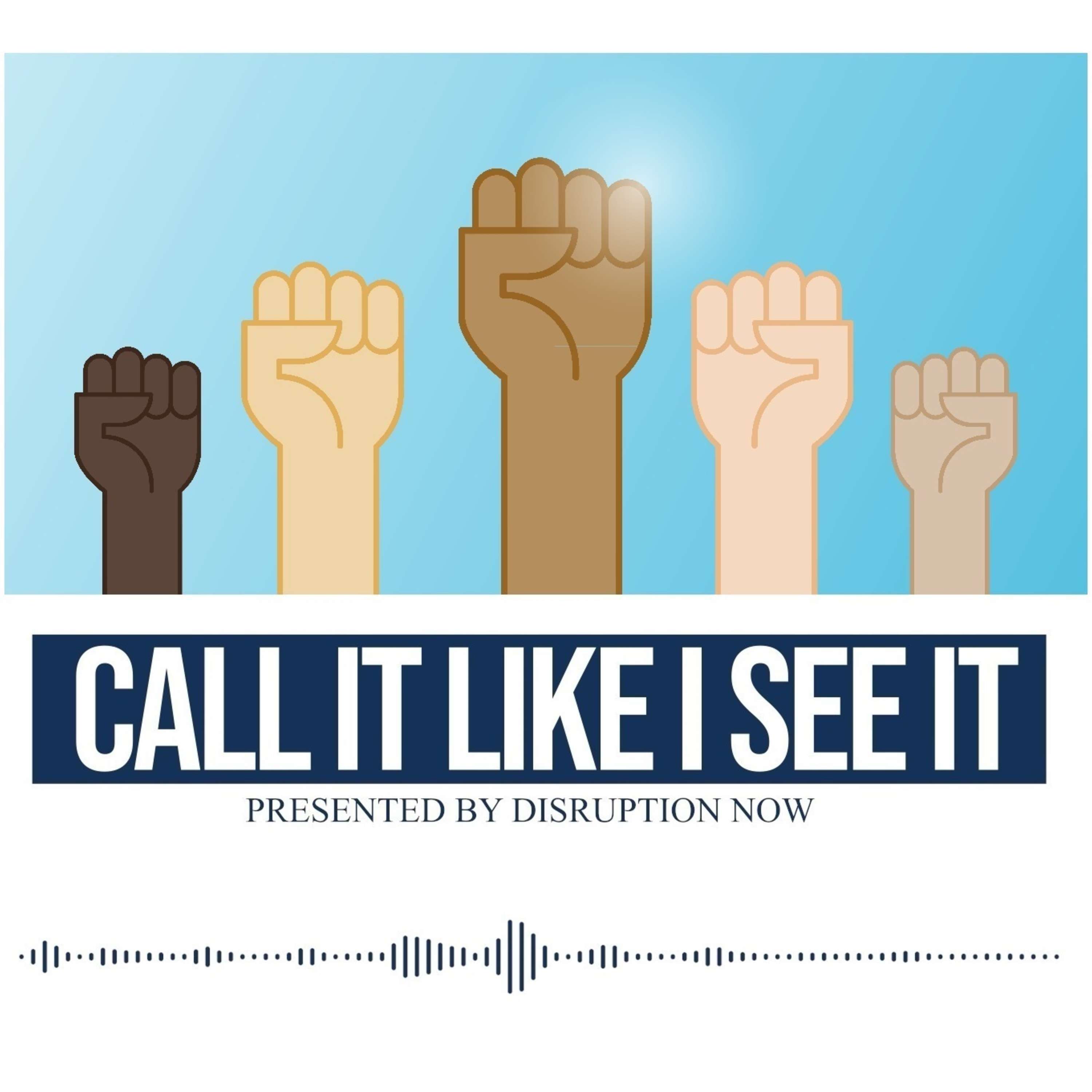Facebook’s decision to ban vaccine misinformation during the COVID-19 pandemic appears to be a major departure from its normal handling of misinformation, so James Keys and Rob Richardson discuss their reaction to this effort, the good and bad could come from it, the extent to which this kind of simple approach can work for our society’s complex problems (01:06). The guys also take a look at some recent research into how and why people procrastinate and discuss how they try to minimize procrastination in their own lives (30:21).
Removing More False Claims About COVID-19 and Vaccines (FB.com)
Facebook bans misinformation about all vaccines after years of controversy (Guardian)
With the Election Over, Facebook Gets Back to Spreading Misinformation (Vanity Fair)
Trump’s Twitter and Facebook bans are working (Vox)
'Why Do I Spend Weeks Avoiding Tasks That Will Take Me 10 Minutes to Do?' (Vice)

Note: This Podcast Contains SPOILERS. James Keys and Tunde Ogunlana discuss the recent Netflix documentary “Sean Combs: The Reckoning,” which was directed by Alex...

The murder of George Floyd has been a flashpoint for civil unrest around the U.S., and James Keys and Tunde Ogunlana take a look...

James Keys and Tunde Ogunlana are joined by special guest Warren Smith III from the Contemporary Commentary YouTube show, and they react to recent...